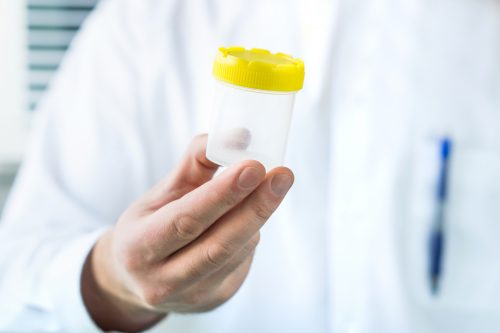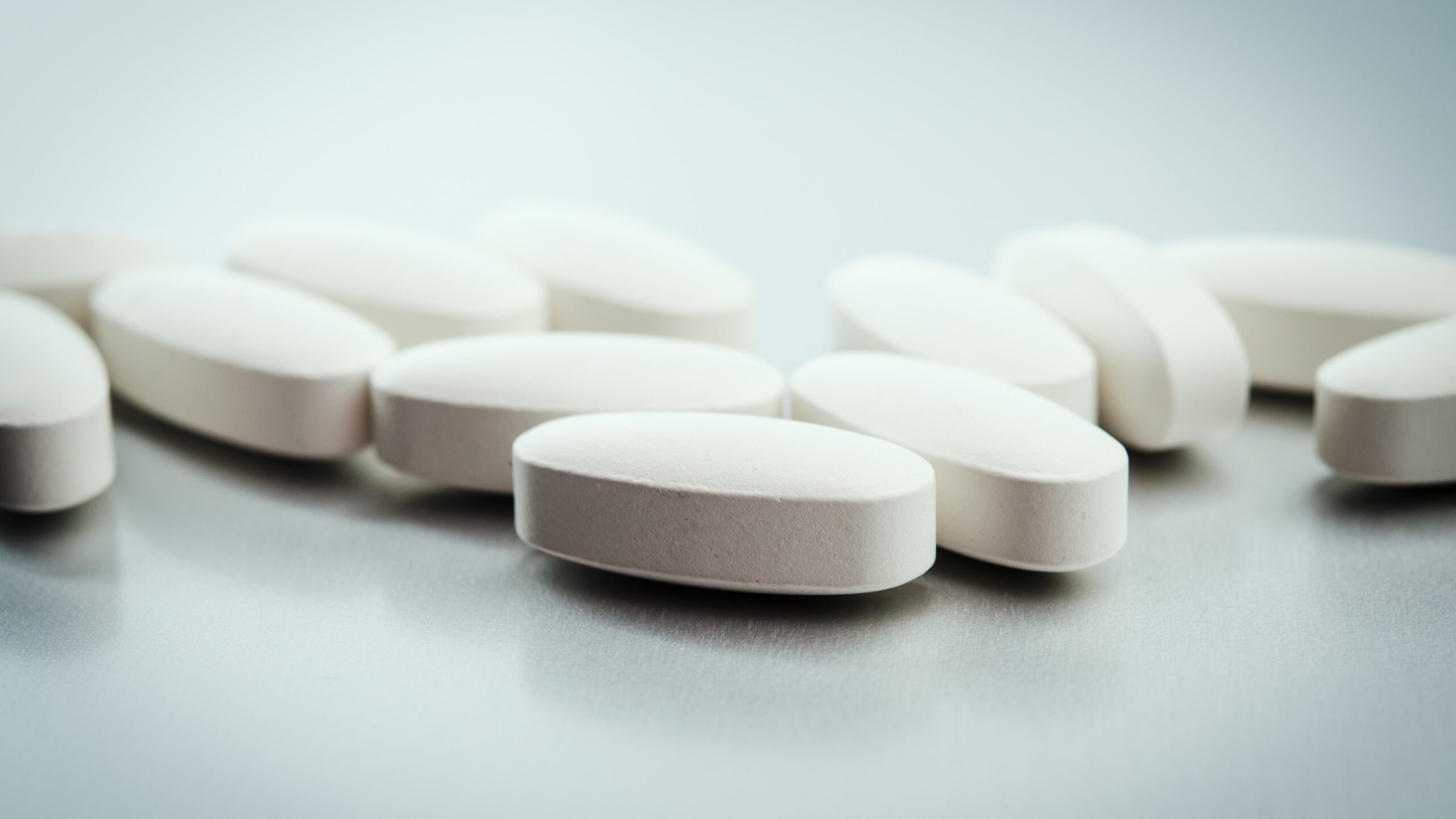
Gout is associated with hyperuricemia, a suspected risk factor for the progression of chronic kidney disease (CKD). However, according to researchers in France, there is no clear consensus on the impact of urate-lowering therapy (ULT) on CKD progression.
During a poster session at ASN Kidney Week 2024, Agathe Mouheb, MSPH, presented the results of a study designed to examine the association between the prescription of ULT and the progression of kidney disease in patients with CKD. The poster was titled Association Between Urate-Lowering Therapy and Kidney Failure in Patients With CKD.
There are 3,033 participants in CKD-RIEN, a nationwide, prospective cohort of outpatient nephrology patients in France with a confirmed diagnosis of CKD (defined as eGFR <60 mL/min/1.73 m2). During study follow-up, the researchers prospectively recorded prescriptions of ULT drugs (allopurinol of febuxostat) as well as patient characteristics. The association between incident ULT use and CKD progression was assessed using Cox proportional hazards regression models. CKD progression was defined primarily as the initiation of kidney replacement therapy (KRT).
Of the overall cohort, 337 initiated ULT and were matched with non-ULT users in baseline characteristics. The median age of the overall cohort was 71 years, mean eGFR was 30 mL/min/1.73 m2, mean uricemia was 494 µmol/L, and 65% were receiving diuretics.
Follow-up continued for a mean of 3.2 years. During this time, 136 patients initiated KRT (incidence rate, 7.6 per 100 person-years; 95% CI, 6.3-8.8 per 100 person-years). Of them, 66 initiated ULT. There was no significant association between ULT prescription and initiation of KRT (hazard ratio, 0.89; 95% CI, 0.67-1.2) or between ULT prescription and progression of CKD, regardless of the definition of CKD utilized.
“Real world data from the CKD-RIEN cohort show that ULTs do not slow the progression of CKD,” the researchers said. “Thus, in patients with asymptomatic hyperuricemia, ULT should not be prescribed for the purpose of slowing down CKD progression.”
Source: Mouheb A, Lambert O, Alencar de Pinho N, et al. Association between urate-lowering therapy and kidney failure in patients with CKD. TH-PO1074. Abstract of a poster presented at the American Society of Nephrology Kidney Week 2024; October 24, 2024; San Diego, California.







 © 2025 Mashup Media, LLC, a Formedics Property. All Rights Reserved.
© 2025 Mashup Media, LLC, a Formedics Property. All Rights Reserved.